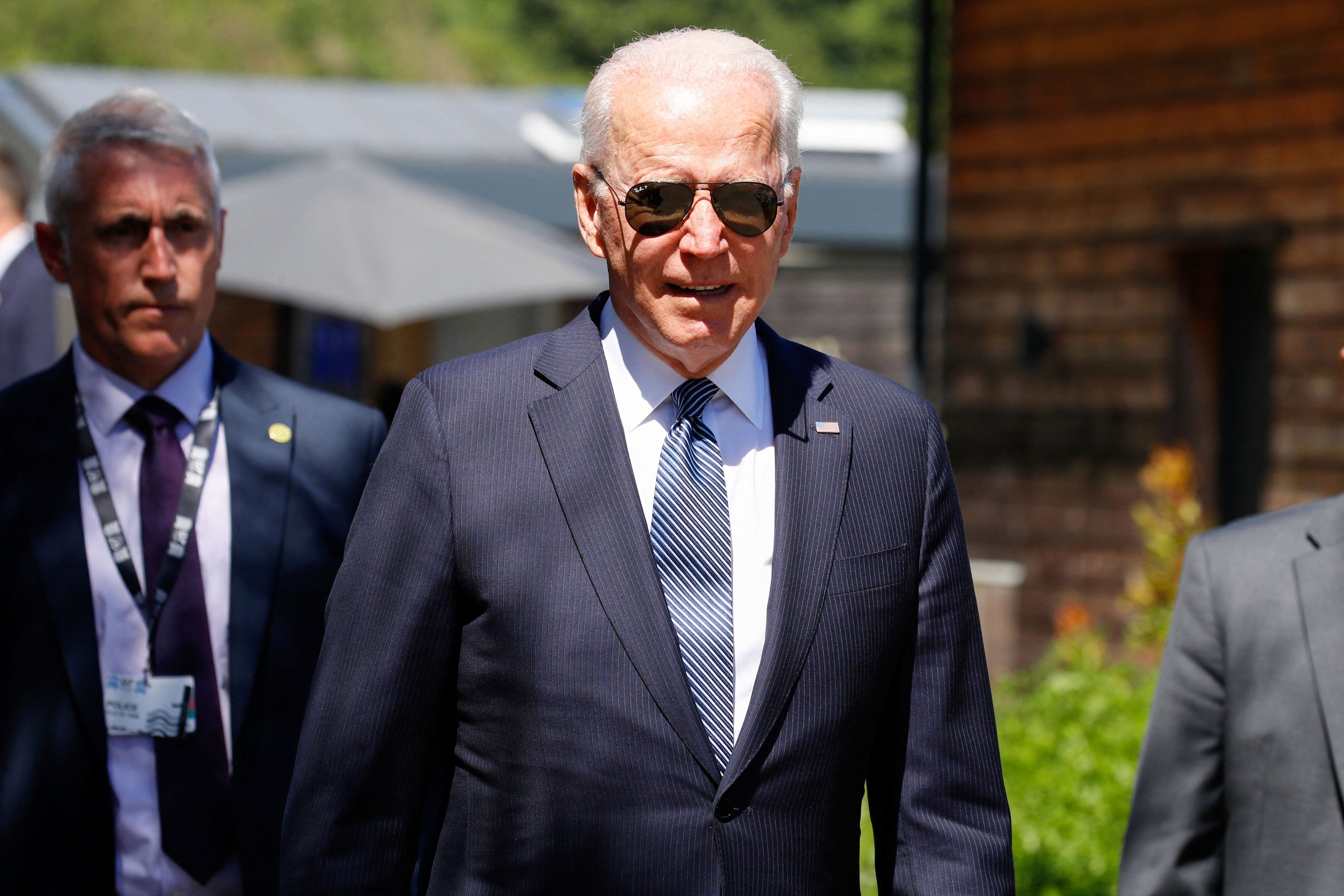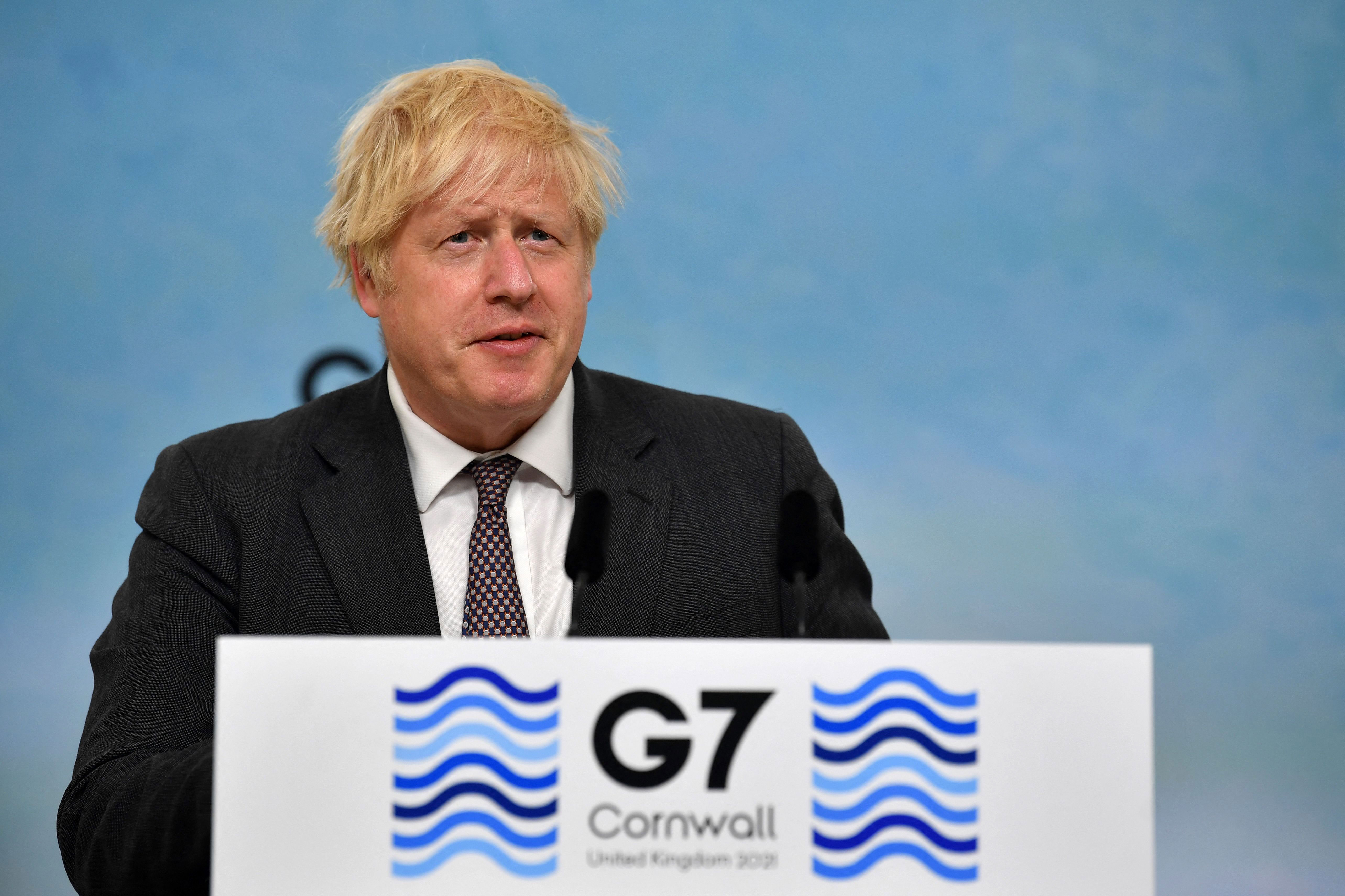
G7 leaders are expected to announce on Sunday that they will stop all new direct government support for coal by the end of the year, unless it is “cleaned” through a process of decarbonization, according to a White House statement.
Coal is the dirtiest fossil fuel and one of the biggest contributors to climate change. G7 leaders are expected to announce they will at least halve their carbon emissions by 2030, from 2010 levels, and cutting back on coal could help reach that target.
Some scientists and environmentalists, however, are wary of claims of “clean” fossil fuels, and argue that the world should transition entirely to renewables instead.
The White House said in a statement that G7 leaders, who will wrap up a three-day summit in England’s Cornwall on Sunday, had agreed to “concrete actions” to speed up the world’s transition from coal to cleaner energy sources.
“Recognizing that unabated coal power generation is the single biggest source of greenhouse gas emissions globally, and consistent with President Biden’s domestic leadership, G7 Leaders will commit to an end to new direct government support for unabated international thermal coal power generation by the end of this year,” the statement said.
“Unabated coal” refers to coal that is not decarbonized.
The announcement will come alongside a green global infrastructure plan – “Build Back Better for the World” – pitched as an alternative to China’s sprawling Belt and Road program, which has involved building railroads, motorways and other major infrastructure projects, in deals with some 100 countries.
The program has allowed China to raise its profile and global influence, particularly in the developing world and places like eastern Europe.
The White House statement said Canada, Germany, the UK and the United States would provide up to $2 billion to support the Climate Investments Funds, which is aiding the transition from coal for in developing countries.
Despite the announcement to end support for coal plants abroad, some G7 countries are still showing support for the fossil fuel.
The UK government, for example, approved plans for a new deep coal mine, the first in 30 years, in Cumbria, though its future is in doubt after a backlash and inquiry into its environmental impacts. Japan has agreed to phase out old, inefficient coal plants, but is still heavily reliant on the fossil fuel.



More News
Justice Dept. Defends TikTok Law That Forces App’s Sale or Ban
Léon Marchand: The French Swimmer Who Is Carrying His Country on His Back
Trump, Honing Attacks on Harris, Casts Her as a Far-Left Threat